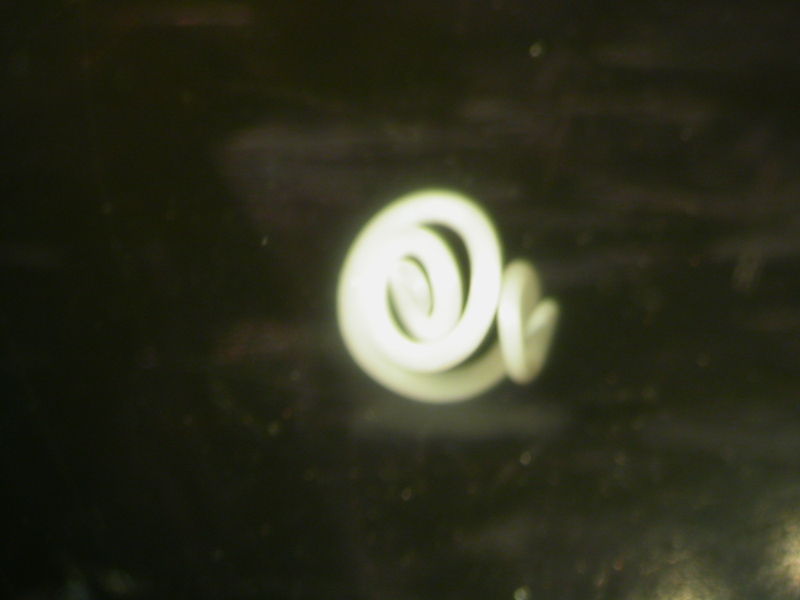By Anilocra at English Wikipedia (Transferred from en.wikipedia to Commons.)
[Public domain], via Wikimedia Commons
In yesterday's post, we saw the bugs that can be found in couscous, and briefly touched upon what Rabbi Moshe Vaya had to say in his book "Bedikas HaMazon."
In today's post we look at another area that many are unaware of - checking fish for worms! It is fascinating that ultimately when one studies to become a rabbi today, the first and most important issue addressed is food! One has to learn the laws of Kashrut, of forbidden mixtures and the forbidden mixture of meat and milk etc. It is no wonder why this area is chosen as the most basic area to be competent in when becoming a rabbi - since it is the most frequent thing we come in touch with each day! It is vital that our entire diet is not just healthy in the general sense of things - but that we are extra special careful with every food product to make certain there are no bugs and insects in it.
It is true and clear that certain worms that are eaten can lead to great sickness - but this is of course only on the physical side of things. Just as they create problems physically, they create problems spiritually too. Though one may not understand how this happens, it is certainly true - as we clarified in yesterday's post.
Anisakis is one of the best known worms that inhabit certain fish. When one eats raw fish with the live worm - one stands a great chance of becoming severely sick! While the general world will cook fish and not have to worry about the dead worm posing as a problem in terms of sickness any longer - a Jew must be careful of even this. It makes no difference whether the worm is alive or dead - it will still create a problem for the person.
It is vital to check one's fish from the shop before cooking it. Even if it comes with a good Hechsher, it does not mean that is has been perfectly checked necessarily and it is not always the fault of the fish-store selling the fish - after all, it is the fish that has the worms and not the store that puts the worms onto it (or into it!) Nevertheless when one purchases a reliable Hechsher, one does expect that the fish has been cleaned well! As with all food products, no matter how good the cleaning process is - don't forget, it is your body! Be concerned about every food product and the possibility of eating any type of poison or of course bug!
Today we take a look at what these worms can look like. While they are tremendously small to the naked eye - just take a look at what they look like under a magnifying glass! The language of the video is Hebrew, but there's no need to understand everything being said. The video speaks for itself.
While various Batei Dinim around the world may make one feel complacent that they are taking everything into account so that the customer can feel safe - don't forget, these videos that we have available today (and lacked so many years ago) are here to point out to every one of us just how easily food is infested and how careful we should be to check all food - before we eat it!
דגים חייבים בדיקה! - מגעיל לצפייה מזהירים מראש!צילם: אנונימי הצלם מתבקש לאמר לנו את שמו | דרך אביחי מזרחי
Posted by סרטונים מעניינים on Monday, 1 June 2015


